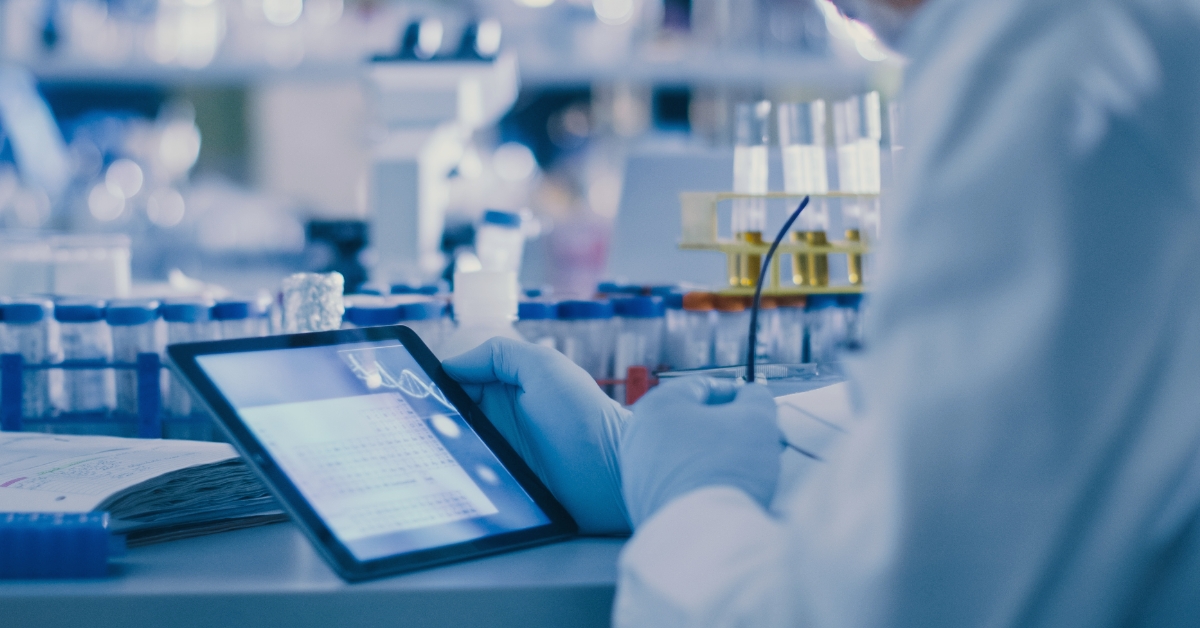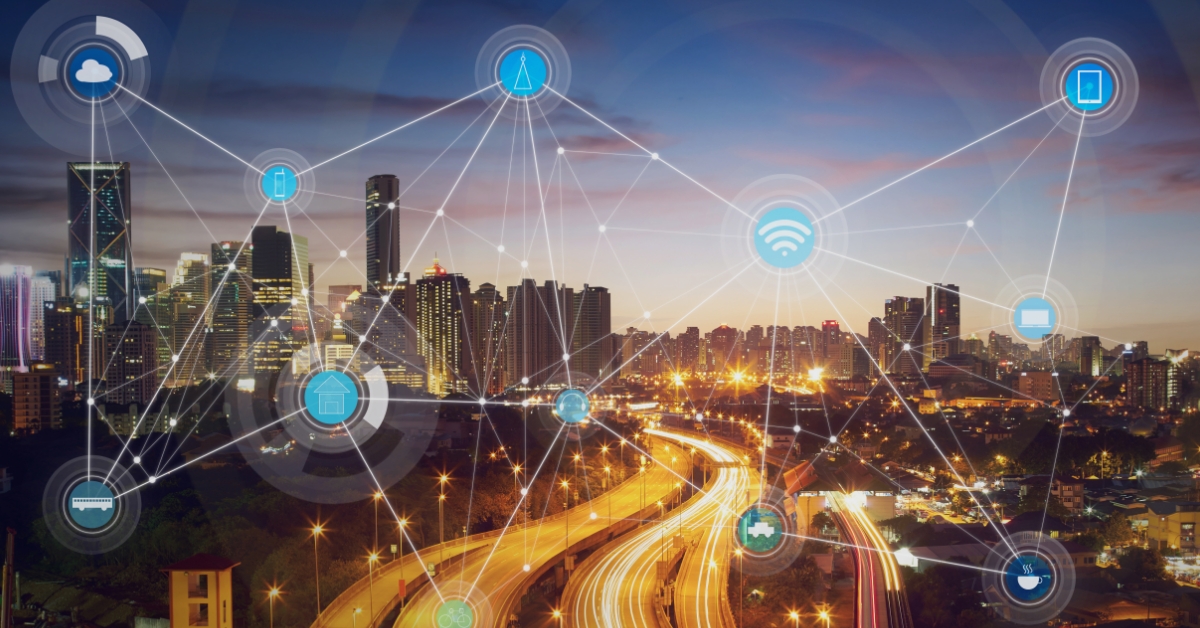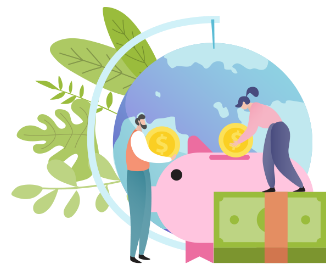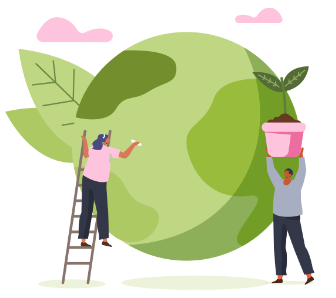A common commitment to everyone’s well-being: Open Fiber’s contribution to sustainable development.
Open Fiber works every day to create shared value, to address environmental challenges and current and future social needs, and to lead Italy as part of the most technologically advanced countries using high-performance and eco-sustainable technologies to bridge the existing infrastructure gap and guarantee equal access to the networkNetwork In computer language, the term network defines a set of hardware and software devices which, when linked together, enable the exchange and sharing of resources, data or information. In a computer network, the devices that generate, route and terminate data are called network nodes..
From large metropolitan cities to small towns, Open Fiber pursues its purpose of contributing to improving the quality of life of people, families, businesses and workers by building a state-of-the-art, secure and reliable network infrastructure that respects the environment and free competition.
- Our sustainability policy
- Distinctive factors and contribution to the SDGs
- Fiber optic as driver of sustainability
- A ‘certified’ effort
Our sustainability policy
The sustainability policy translates our mission into 7 commitments that embrace the corporate values, the ethical and social principles stated in the Code of Ethics, the fundamental principles of the Global Compact and the Sustainable Development Goals of the Agenda 2030:

- We are committed to connecting the country so as to overcome the digital divideDigital Divide A term to describe the gap between those who can use new information and communication technologies and those who, for technical, economic or social reasons, are unable to use them. Read the news item “Digital divide and social inequality: the role of Open Fiber” to find out more., building a world in which new fiber-optic technology can improve the lives of citizens and represent a driver of change and economic, social and cultural development for the country
- We value our human capital and support fair and inclusive working practices, striving to create a unique environment where everyone can express their skills and talents
- We protect the environment and the area where we operate by investing in technologies that respect it and by disseminating an infrastructure that is high-performance and environmentally sustainable by its very nature
- We promote occupational health and safety also through the adoption of responsible behavior by all those who collaborate in pursuing the company objectives
- We provide a secure and reliable infrastructure, respecting free competition by offering access on fair and non-discriminatory terms to all stakeholders
- We believe in the values of ethics and integrity as the fundamental elements of our daily actions
- We promote and respect universally recognised human rights condemning any types of violation thereof
Stakeholder engagement and the creation of a corporate culture on sustainability issues are central elements of our approach, which aims at creating lasting shared value with all the people we interact with every day. We are constantly striving to reconcile our business plan objectives with our environmental and social commitments, guaranteeing access to a fiber optic network, actively contributing to the growth of the social and economic fabric of Italian cities and supporting citizens, businesses and Public Administrations in the fundamental process of technological growth.










